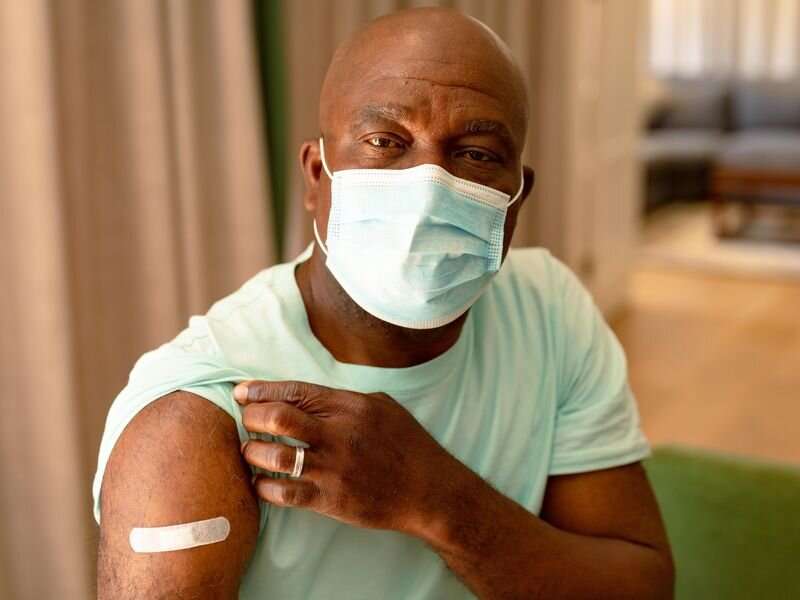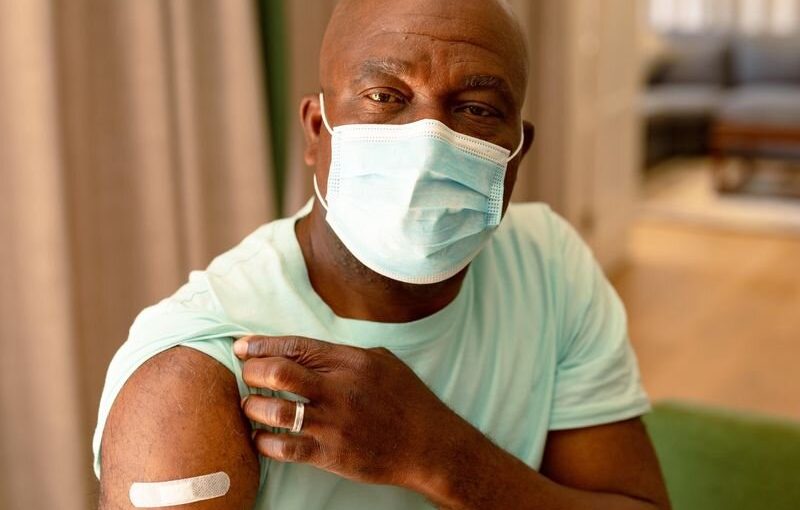
During the Omicron variant COVID-19 spike, unvaccinated adults were more likely to be hospitalized than vaccinated adults, and hospitalization rates were lowest among those vaccinated and boosted, according to a study published online Sept. 8 in JAMA Internal Medicine.
Fiona P. Havers, M.D., from the U.S. Centers for Disease Control and Prevention in Atlanta, and colleagues assessed characteristics of COVID-19-associated hospitalizations among vaccinated persons and comparative hospitalization rates in unvaccinated and vaccinated persons. Using data from 250 hospitals participating in the COVID-19-Associated Hospitalization Surveillance Network, the researchers identified adults with laboratory-confirmed severe acute respiratory syndrome coronavirus 2 (SARS-CoV-2) infection (Jan. 1, 2021, to April 30, 2022; 192,509 hospitalizations) and linked the data to state immunization information systems data.
The researchers found that monthly COVID-19-associated hospitalization rates ranged from 3.5 times to 17.7 times higher in unvaccinated persons than vaccinated persons regardless of booster dose status. When the Omicron variant was predominant (January to April 2022), hospitalization rates were 10.5 times higher in unvaccinated persons and 2.5 times higher in vaccinated persons with no booster dose, respectively, versus those who had received a booster dose. Vaccinated hospitalized patients with COVID-19 were older than those who were unvaccinated (median age, 70 versus 58 years) and were also more likely to have three or more underlying medical conditions (77.8 versus 51.6 percent).
“The study results suggest that clinicians and public health practitioners should continue to promote vaccination with all recommended doses for eligible persons,” the authors write.
Source: Read Full Article
